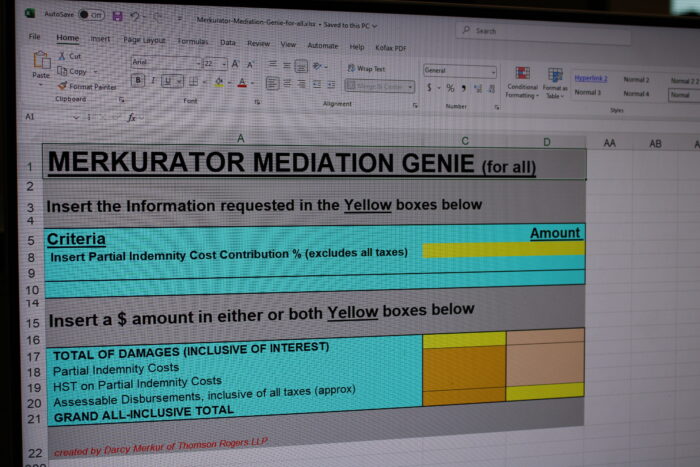Resist Discussing Legal Advice With Your Rehabilitation Providers
Author(s): Stephen M. Birman*
April 26, 2021

This is a public interest message to all clients and any future clients. Please resist discussing legal advice with your rehabilitation professionals.
There are 2 reasons for this.
- Everything that a client discusses with their legal counsel is subject to solicitor/client privilege. It is not disclosed unless you waive the privilege. The moment that you share legal advice, strategy etc, with third parties, it becomes subject to potential cross-examination as the privilege is arguably deemed waived.
- You have to assume that everything you share with your rehabilitation providers will be documented. Doctors and rehabilitation providers have a silly habit (and by that I mean a good habit!) of documenting everything. So if you tell them that your lawyer says X or Y about your case, then that potentially goes in your medical records that will be disclosed to the other side during the course of the litigation.
As an example, a lawyer may tell a client that there are significant risks with respect to one or more aspects of their case. Or, a lawyer may suggest a recommended settlement range with the the client.
We do this to provide clients with a full and frank assessment about the high and low points of their case and its potential settlement value. However, we do not typically tell the Defendants that we have concerns about one or more aspects of a client’s case or share our discussions about potential settlement ranges. This is the exact type of information that should remain privileged in order to protect a client’s position in litigation.
So, if you go to your family doctor and tell them that your lawyer says your case is very risky for the following reasons…there is a decent chance that will end up in the medical records and then in the insurer’s hands, thereby emboldening the insurer. While those references can arguably be redacted for privilege, they may not necessarily be picked up, and it’s simply too great a risk to take. Even if the records can be redacted, the mere act of redacting records always raises suspicion.
The best practice is not to share any legal advice unless it is somehow relevant to your care. And for health professionals, if you are provided with such information, consider whether it is relevant to the treatment you are providing when documenting potentially privileged information in your chart.
So clients/future clients, please be extremely cautious and resist sharing any legal advice with third parties.
Thomson Rogers offers free consultations so please feel free to reach out to us at any time. We are here to help.
Thomson Rogers partner Stephen Birman has been recognized as a Certified Specialist in Civil Litigation by the Law Society of Ontario, is listed in the peer-reviewed publications – Lexpert® and ranked AV pre-eminent in Martindale-Hubbell ®. Stephen’s practice focuses on personal injury litigation and class actions. You can reach Stephen at 416-868-3137 or by EMAIL.
For Thomson Rogers updates please subscribe to our email list here.
Share this






